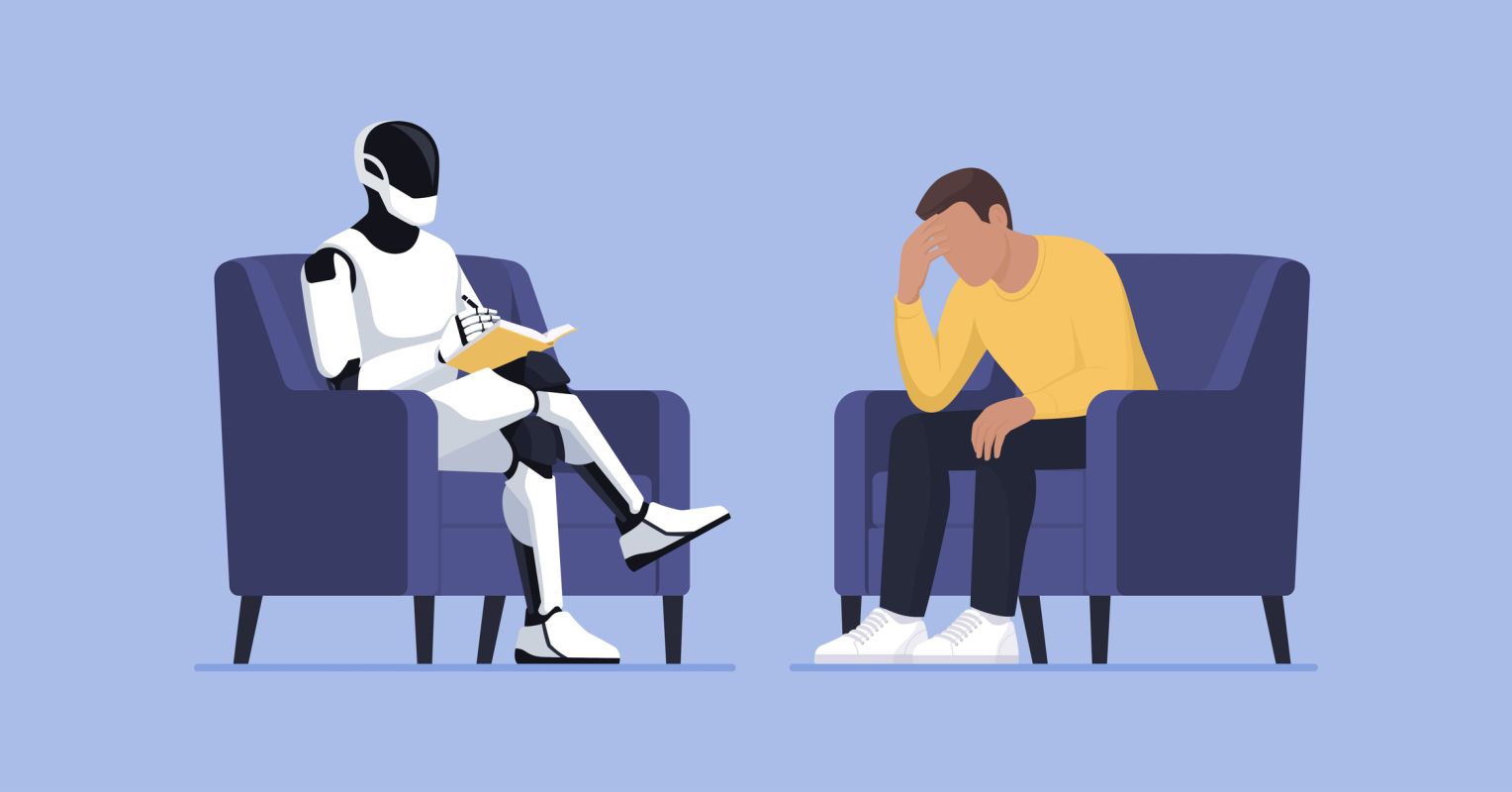
"Obtaining professional mental health support can be challenging as there is a shortage of providers. Also, searching for and finding the right one is often a daunting experience. However, 22 percent of American adults have found some relief by using mental health chatbots as a therapeutic tool [1]. A study conducted in 2022 found that people generally have positive views when it comes to the use of AI in psychotherapy [2]."
"There are many reasons why people are turning to AI therapy as a viable option to address their mental health. A few of these reasons include accessibility, affordability, and anonymity [3]. People are more comfortable when there is adequate human supervision of therapy chatbots. Research also indicates that people generally recognize that AI can be a helpful tool to reduce therapist workload and may also lead to a decrease in human errors when it comes to clinical care (such as with billing or notetaking) [4]."
AI therapy is growing because it provides accessible, affordable, anonymous, and round-the-clock mental health support. Users report relief from chatbots and generally hold positive views about AI-driven psychotherapy. AI tools include CBT-focused chatbots, skill-building apps, and self-guided wellness platforms with emotion tracking and journaling. People prefer AI therapy when adequate human supervision exists, as supervised AI can reduce therapist workload and decrease human errors such as billing and notetaking. Major risks include potential harmful advice, lack of true empathy, and data privacy concerns when AI operates without clinical oversight. Human clinicians remain essential for depression, psychosis, suicidal ideation, and complex care.
Read at Psychology Today
Unable to calculate read time
Collection
[
|
...
]